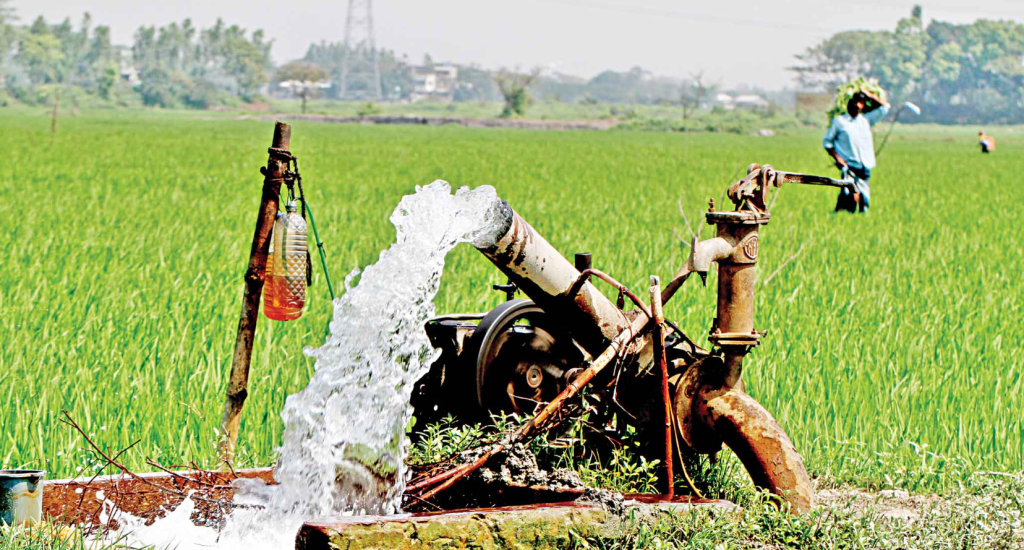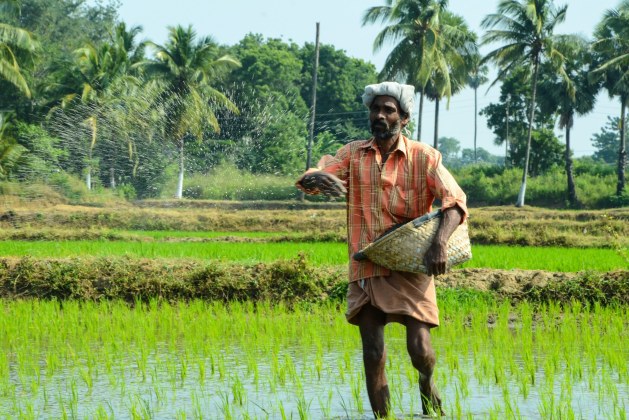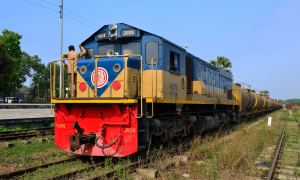The economy of Bangladesh is largely dependent on agriculture. According to the Bangladesh Bureau of Statistics for the fiscal year 2020-21, about 12.5 percent of the country’s total GDP is dependent on agriculture and about 40 percent of the total population is employed in this sector. So as long as our agriculture is in a strong position, we cannot think of ourselves as weak As it is the name of one of our strengths, it is also a very touchy subject Because we have to hold this place of power in any critical moment
Agriculture and Energy of Bangladesh
On July 19, 2022, Chittagong Fertilizer Factory was closed due to a gas shortage. If the farmer does not get fertilizer at the right time at a fair price, then the agricultural yield of Bangladesh will decrease to a large extent. Because 55% of the country’s land fertility score is 70-95%, which is slightly higher than the average position. But 39-52% of land fertility is very low. The only way to increase the fertility of these lands is to apply fertilizers at the right time and in the right amount. But if the country’s fertilizer factories shut down due to a lack of fuel, it will have a bad impact on the agricultural sector in two ways. One is the high cost of fertilizers and the other is the scarcity of fertilizers. As a result, our agricultural production will decrease a lot. This important position in our country’s economy will gradually become unstable.

This became more evident in the sudden increase in fuel oil prices on August 5, 2022. This increase in the price of fuel will increase the cost of production in some sectors of agriculture.
- Fertilizer price increase.
- Increase in transportation cost of agricultural products and manufactured goods.
- Increase in irrigation cost.
- Increase in cost of threshing crops.
Farmers use two types of methods to irrigate agricultural land. One is an electric motor and the other is a diesel engine. First, let’s talk about the diesel engine.
Until last August 5, the price of diesel was 80 taka per liter. But after midnight that night, its price increased by 34 takas to 114 takes. Liter which is almost one and a half times increase. Not only irrigation but also land cultivation threshing and transportation work are dependent on fuel. As a result, the production cost of the farmer will almost double. Many people may think that the cost of production will increase and the price of the product will also increase! But statistics show that the prices of farmers’ crops and paddy or rice have not changed with this increase in diesel prices.
This crisis of electricity and diesel will simultaneously reduce the agricultural production of the country and discourage the farmers from this production. As a result, this important pillar of Bangladesh’s economy will be under serious threat.
World Market and fuel prices in Bangladesh
Now let’s come to the position of fuel oil in the world market. According to a website called Trading Economics, the price of fuel oil has fluctuated the most in the last year. In the last year, the highest price of which has gone up to 120 rupees. But the price of which has been decreasing since last July, came back to the normal price in August. When the price of fuel oil is relaxed in the world market, this abnormal increase in the price of fuel oil in Bangladesh has caused concern in the minds of the people of the country. As a result, on August 5, when the news of the increase in fuel prices was published, the country’s petrol, diesel, and octane pumps were closed and they announced a ban on sales till midnight on that day, so that they could sell fuel oil at the newly fixed higher price as soon as the date changed. Motorcycle and bus drivers who came to get fuel at various pumps protested. The Bus Drivers Association has called for a transport strike on August 6 in the industrial city of Chittagong.

Motorcycle or bus drivers have protested but no farmer in the country has protested yet. There is no precedent for their previous movement either. Because they have become a group where no matter what pressure is put on them, they have no complaints.
Agriculture and Power Crisis
The problem is not confined to fuel and fertilizer factories. The price of electricity was increased in Bangladesh in the last few months But all our products and services are directly and indirectly dependent on electricity So if the price of electricity alone increases, the market price of all goods and services automatically increases We can still see the results The prices of all our daily necessities have increased
The government realized this and reined in the increase in electricity prices and Decided to give systematic load shedding In that, even if the people are in the dark for several hours every day, they will be spared from the upward movement of commodity prices I think it is a relatively good decision
But this decision has some side effects. Already, various papers of the country are coming to the newspapers – there is load shedding up to 5-7 hours every day in North Bengal As most of our country’s agricultural production depends on North Bengal, so much load-shedding here will have a dire impact on irrigation of our agricultural land. If the agricultural production in the country is reduced even by 5% due to a lack of necessary irrigation, then our country’s economy will face a huge loss.
One way to save farmers and agriculture could be to increase the number of government subsidies in the agricultural sector. But the government has already been meeting the deficit in this sector by subsidizing fertilizers, electricity, and farmers’ produce. If the subsidy in this sector has to be increased now, the amount will have to be much higher. Which on the other hand will lead to the loss of several other pillars to grab hold of one economic pillar.
Writer
Jeion Ahmed
Student: Department of Electrical and Electronics Engineering (EEE)
Chittagong University of Engineering and Technology (CUET)


Leave a comment